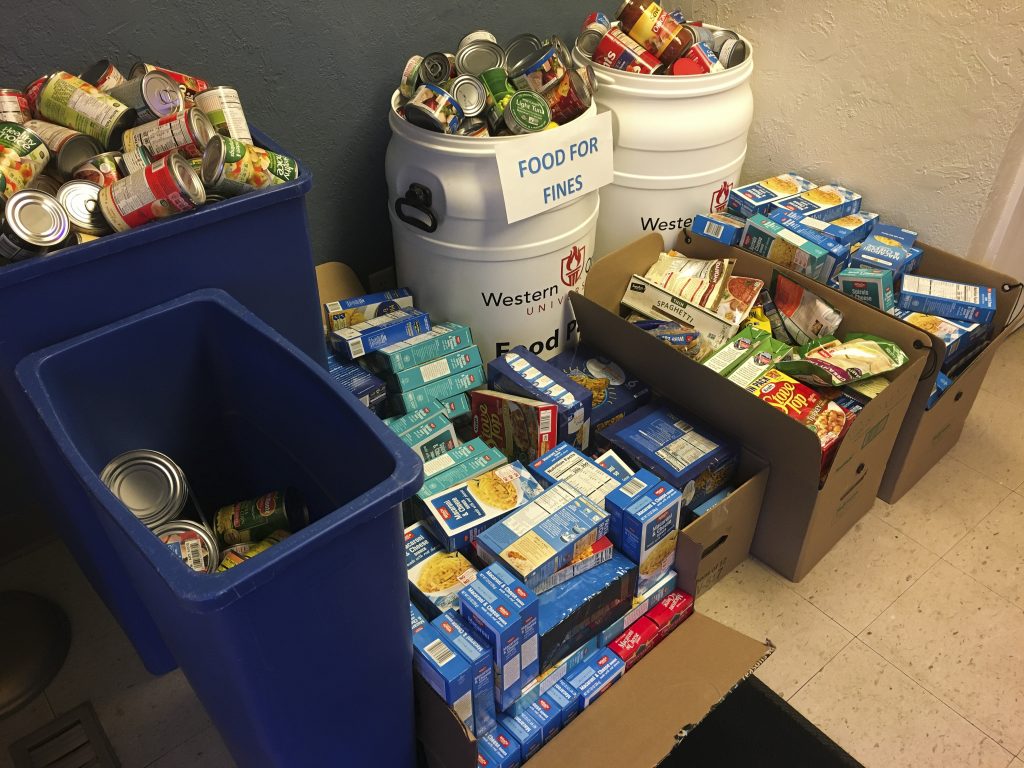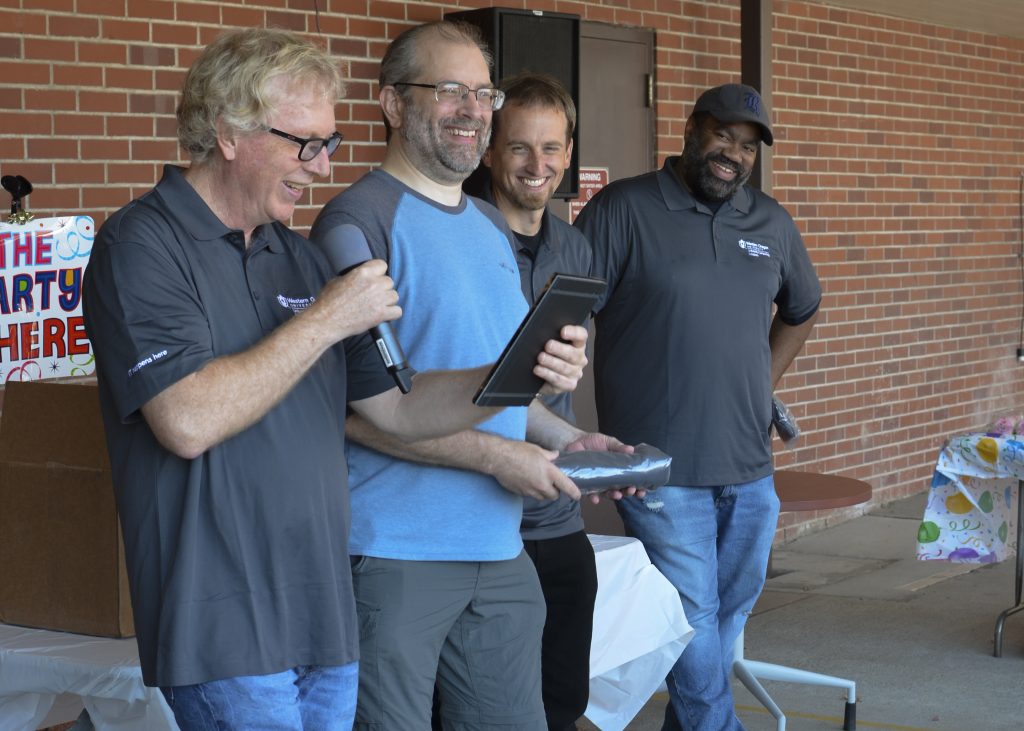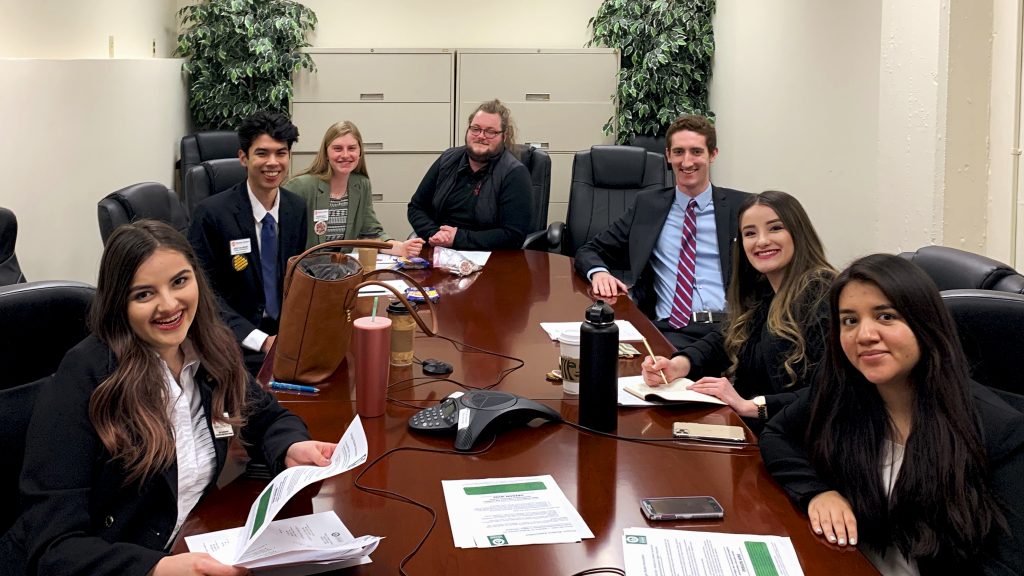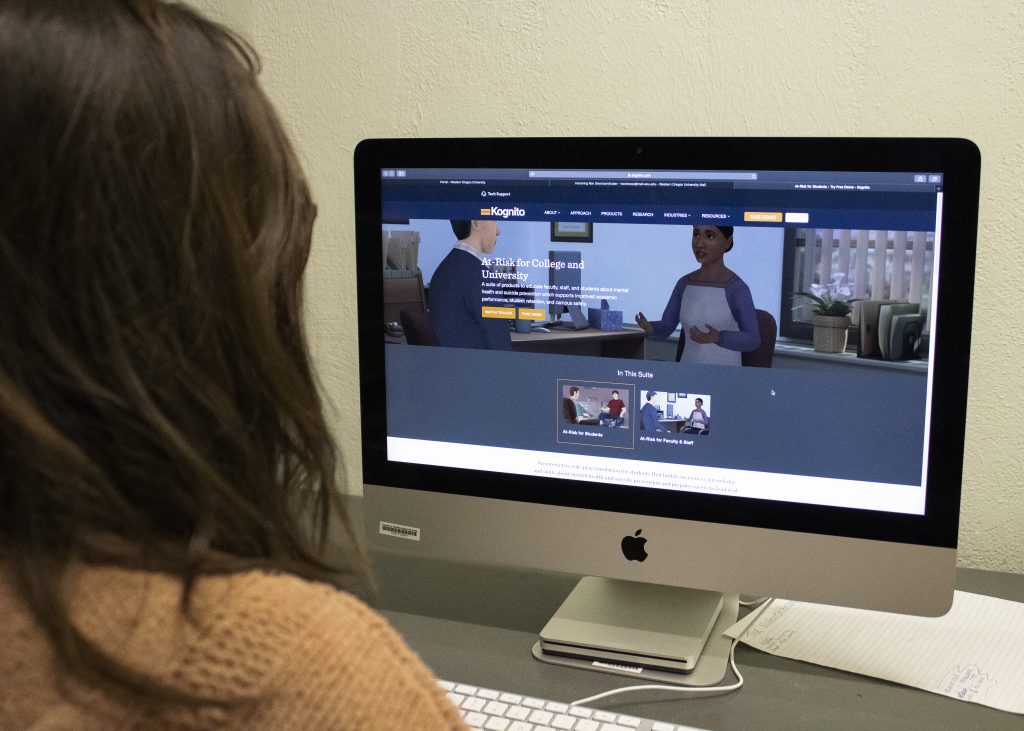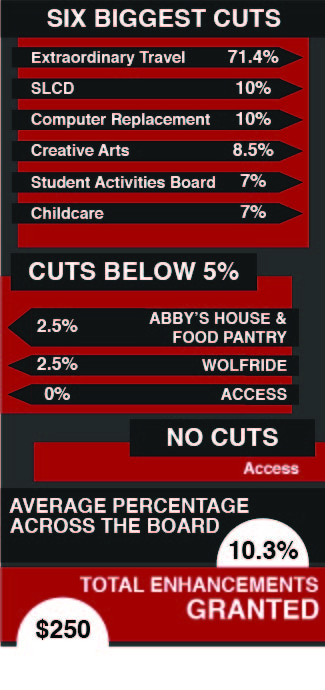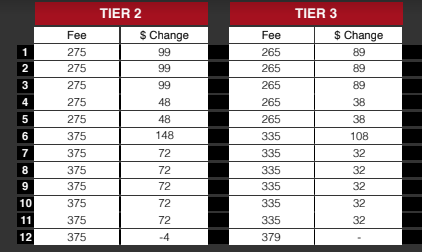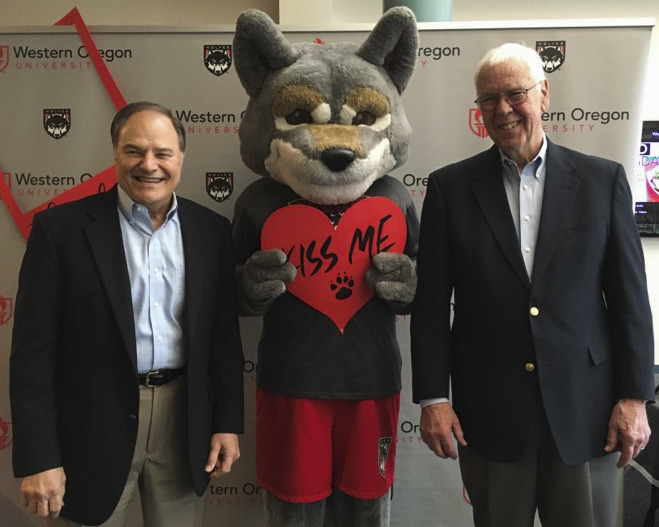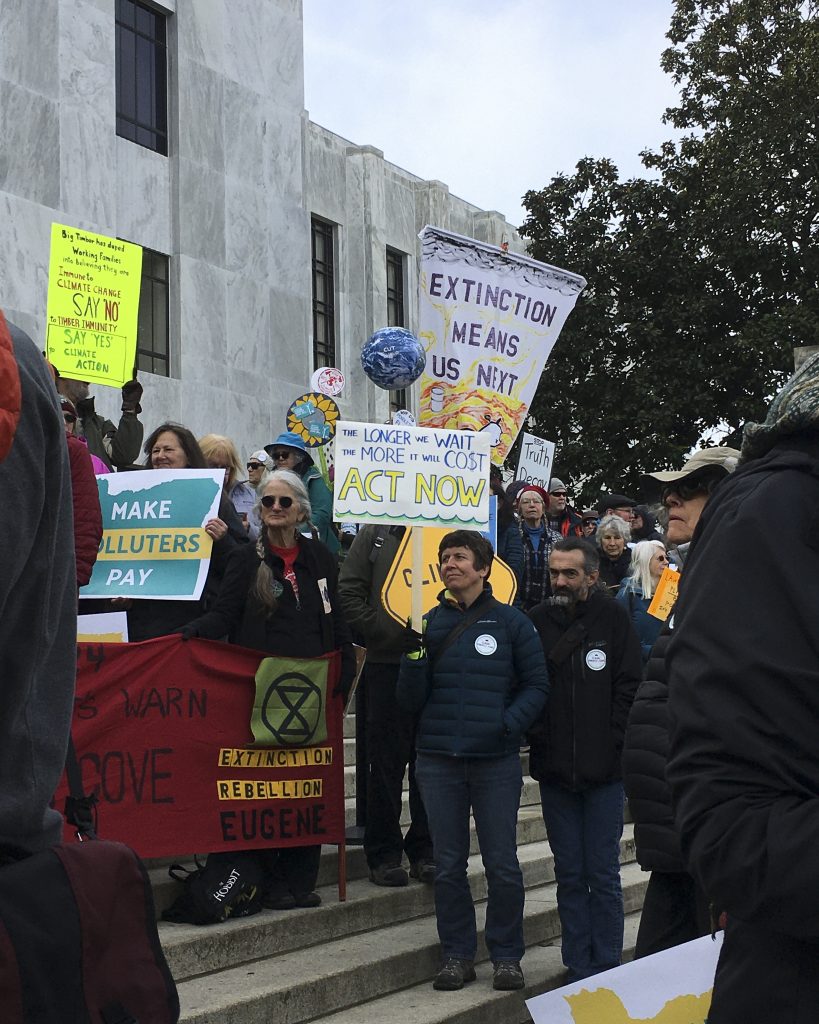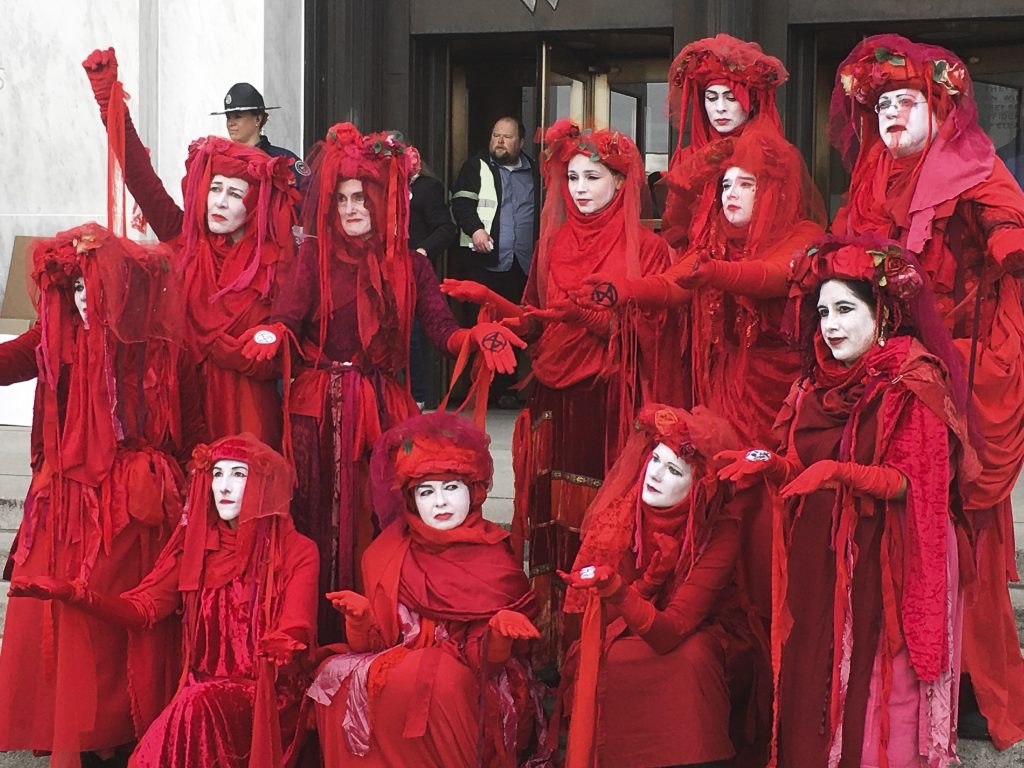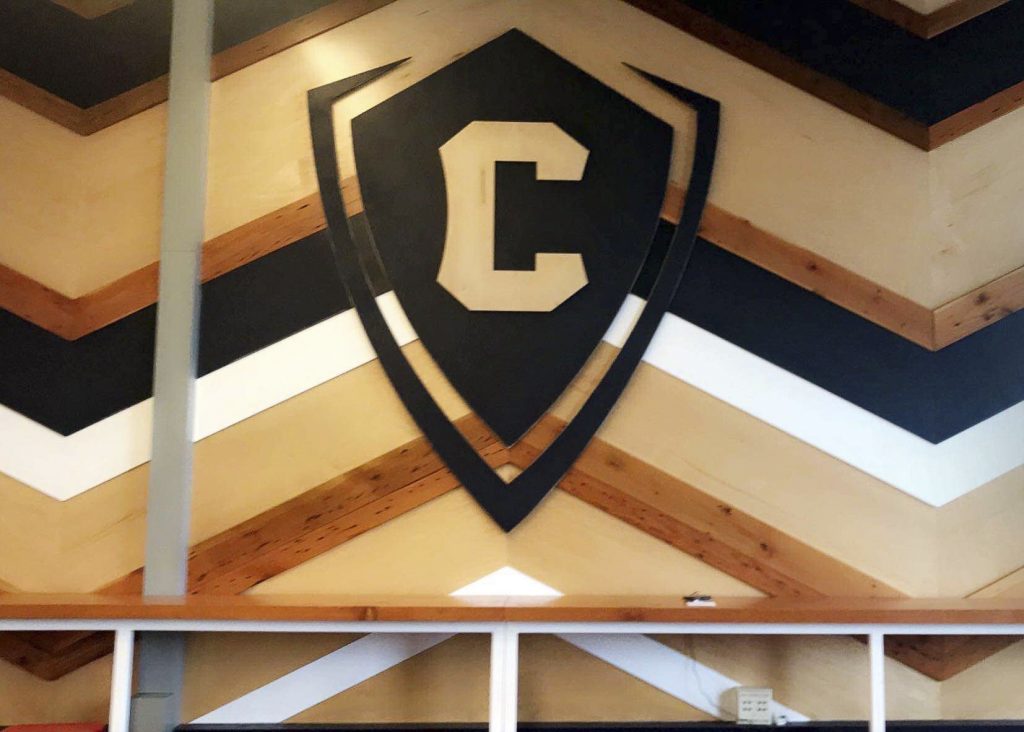
Sage Kiernan-Sherrow | News Editor
Congress to Campus is a program focused on educating the public about and encouraging the practice of civic literacy and public service. Last Thursday, Feb. 13, former U.S. Representatives, Rod Chandler and Nick Lampson, came to Western as participants in the Congress to Campus program, and were intent to discuss those ideals. I sat down with them to learn more about it:
Q: Can you tell me a little bit about yourselves and your experiences as former representatives?
C: I represented the eighth congressional district in the state of Washington. I grew up in Oregon, attended Eastern Oregon College, and then graduated from Oregon State University. I have a Masters degree from UNLB in education.
L: I’m from Southeast Texas, and I represented the ninth congressional district until the state of Texas had a redistricting effort in 2003 and I lost the opportunity to serve in that district, so I moved to district 22 and ran again, going back to Congress for my fifth term.
Q: I understand that Congress to Campus is a program that focuses on civic literacy. Can you tell me a little about what civic literacy means to you and why it’s important?
L: I served in the Congress during a time of even greater transition than what was around while Rod served. He served mostly in the 80s and I served mostly in the 90s. The camaraderie that existed and, in my opinion, had done so much to help us achieve fantastic goals as a nation, began to wane. The ability for people to sit and enjoy conversations with another, work through difficult differences, and find common ground and compromise was going away. We seem to have less respect, less willingness to listen to our counterparts, and therefore less of an ability to achieve the goals of our nation. Our need for civility and a search for common ground is of the utmost importance if we are going to have good legislative action.
C: We want to inspire young people to participate. We aren’t coming in and saying “be a democrat, be a republican,” we’re saying “get involved.” Understand the issues, look at the candidates, and get involved in helping them get elected. Participate in the process of public policy itself; go to Salem, if you’re for something, go lobby for it, if you’re against it, go against it.
Q: My generation has been told since we were little that a lot of issues are going to be up to us. What are representatives doing to support young people who are trying to make a difference?
L: We’re going to college campuses. We want that engagement; we want to show why you should have an interest in the things that we have already done. You need to be preparing yourself to step into the shoes that we’ve worn before. It wasn’t too very long ago when we were in exactly that same situation as you, and we were looking up to people doing these things. They had the ability to inspire us to go and work in Congress. If we can leave a little bit of interest on the part of the students we’ve touched, then we will have accomplished our goal. We have to have you step into the positions to carry on what our founding fathers started 250 years ago, or we won’t continue to exist.
Q: Early, you were discussing how some respect for opposing sides has diminished. In your opinion, is that being helped along by the media in any way? Are you seeing media misrepresentation of what Congress does?
C: I think the media looks for the sensational. Those seeking media attention behave sensationally. It is an element, for sure. Go back to, say, the 1960s, where you essentially had three major television networks and newspapers that were extremely thick. All of that has pretty much gone away with the news sources that we have now, and it’s really tragic.
L: I think it was an intentional effort by politicians to run against what we thought to be the mainstream media, a project of anti-journalism that has been successful. And it’s too bad, somehow we have to find a way to replace it with something that is more acceptable. Discussions like we are having now are fairly rare, today.
C: Divorcing your opinion from what you’re reporting is really hard to do, but at least when you’re attempting that, then you’re more apt to get good information to the citizens. We don’t see that anymore.
Q: Going back a bit, what were the biggest challenges of being a representative when you were in office? What do you want the public to know about your position?
L: I looked at being a representative as having three different jobs: I had my policy job, which meant I had to do a lot of reading, preparing for committee meetings, and deciding which policies we were going to support, constituent services, which meant responding to letters, taking phone calls, responding to requests for help, and campaigning, which in a district that was not competitive, I had to be constantly raising money and preparing for the next campaign. Any one of those would be considered a full-time job, and when you put the three of them together, time was the greatest resource that I could pray for.
Q: What are the biggest issues that we are facing currently, which people should be paying attention to?
L: I think that you don’t solve any of the issues that we face until we address the divisiveness of the nation. Our division has prevented us from having a conversation. I believe that there is no issue where we can’t find some common ground. From there, I’ll hand it the question off to Rod, because the issues are going to be the same for both of us.
C: Firstly, the fiscal budget; we are spending your generation into debt that is just immoral, a trillion-dollar deficit in the president’s proposed budget. Next, the environment; we’ve got to deal with global warming, not just as a nation, but globally. We’ve got to partner with the rest of the world.
L: And healthcare, that’s of a critical nature. And because this is the end of the interview, I’d like to make a point, if you don’t mind. Rod and I represented a different era of Congress than what is there now. I believe that if the public would recognize how we were able to work together in the past few days together at Western, and sought to have people of similar minds that we have, we’d solve the problems that face our communities.
Contact the author at howlnews@wou.edu
Photo courtesy of Earlene Camarillo


